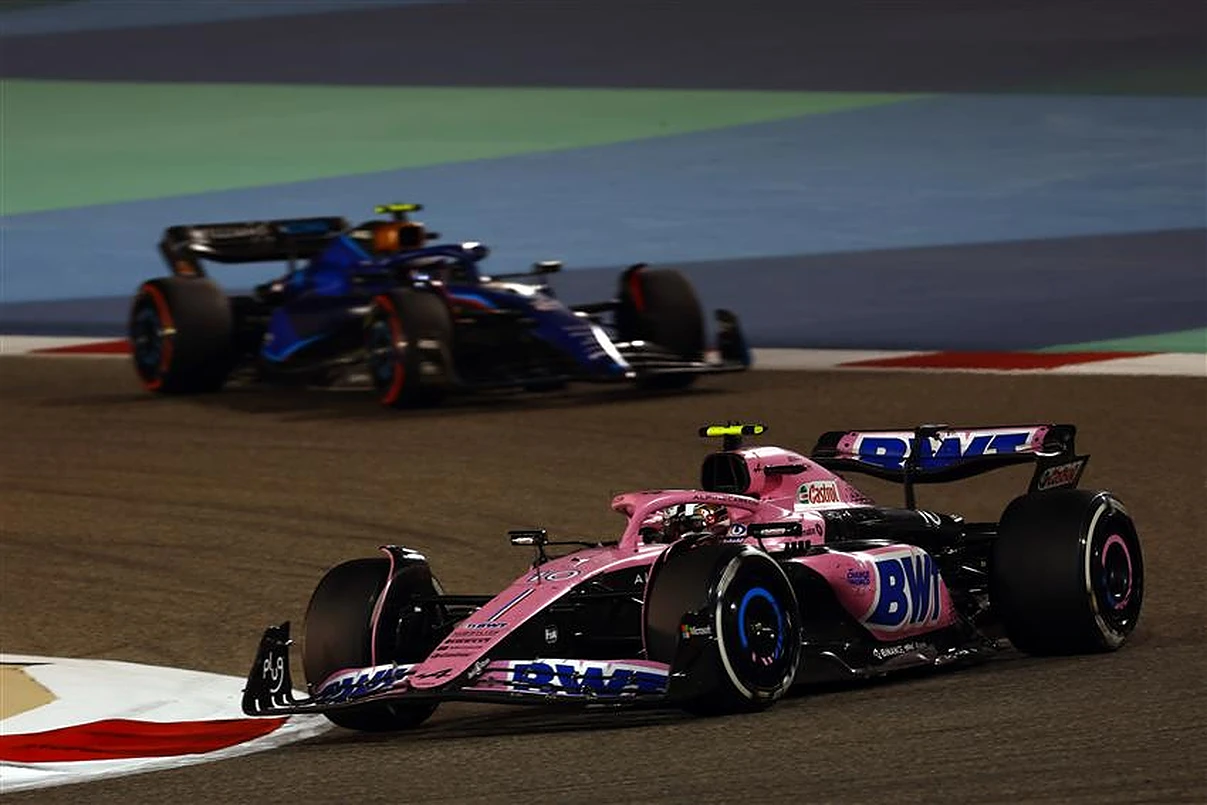In the dynamic world of Formula 1, Dr. Helmut Marko, a prominent figure at Red Bull, has offered a distinctive proposal to address the ongoing Andretti-Cadillac debate.
The concept of an American team collaborating with a fresh car manufacturer aligns intriguingly with the current F1 landscape.
However, the intricate web of interests reveals complex opposition, primarily rooted in financial considerations from Liberty Media and certain existing teams.
Marko’s innovative proposal envisions a solution that could harmonise these diverse factors.

Want to work in Formula 1? Browse the latest F1 job vacancies
He proposed, “Andretti should buy the Alpine team,” as Renault-owned Alpine navigates through managerial turbulence.
He envisioned a scenario where “Formula 1 would keep its 10 teams, Andretti could finally get in, and Renault can still be involved.”
This proposal arises amidst revelations that Michael Andretti, a key player in the Andretti-Cadillac venture, approached existing teams with acquisition proposals.
However, none of the teams expressed an inclination to sell.
As Alpine grapples with internal management challenges, Renault’s group CEO, Luca de Meo, remains resolute in the team’s F1 involvement.
De Meo envisions Alpine becoming the “French Ferrari of F1,” seeking to ignite the fervour of French fans akin to the passion Italians have for Ferrari.
De Meo emphasises the connection between Alpine and France’s historic narrative, paralleling the successful re-introduction of the Fiat 500 during his tenure at Fiat.
However, Alpine faces multifaceted challenges in Formula 1.
Beyond internal turmoil, Renault’s efforts to narrow the performance gap with other engines under the development freeze have encountered roadblocks.
Helmut Marko provides insight into Red Bull’s perspective on this matter.
He acknowledged, “We weren’t against it in the Renault case.”
READ: Source makes huge claim about Shakira and Lewis Hamilton
However, he underscores the need for a significant performance gap demonstration and assurance that any corrective measures taken do not compromise other teams.
Marko articulates his empathy for Renault’s predicament, recognising that performance deficiencies extend beyond engine capabilities.
He elucidates the complexities of compensating for speed disparities on straights, often necessitating compromises in car setup that influence driving dynamics.

